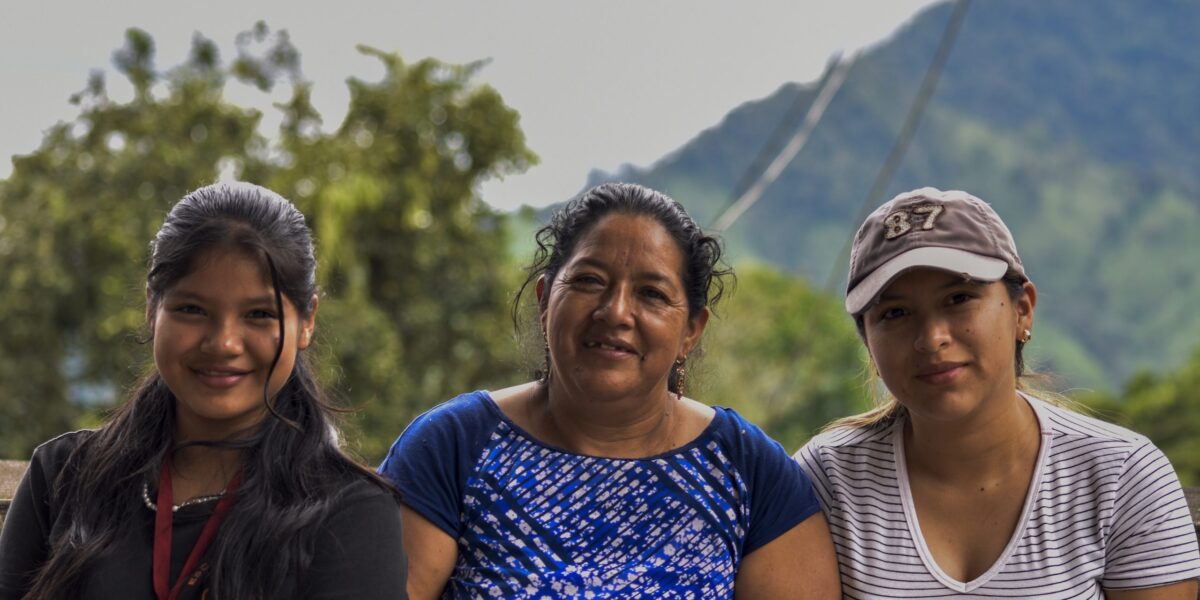To migrate or not to migrate? A choice far from free.
A study led by Ayuda en Acción sheds light on the complex factors influencing immobility in five fragile regions across Africa and Latin America. While some people cannot migrate due to structural limitations, others choose to stay for personal, family, or cultural reasons. The report highlights the urgent need for policies that respect these diverse circumstances and empower individuals with genuine decision-making capacity.
This study was led by Ayuda en Acción with support from the Universidad del Pacífico (Peru), the International Development Research Centre (Canada), and researchers from Africa and Latin America.
When migration is not an option
For millions living in vulnerable conditions, the desire to migrate is often thwarted by a lack of resources and opportunities. A study conducted in Mali, Ethiopia, Mexico, Colombia, and Ecuador reveals key structural barriers that prevent mobility:
- Lack of economic resources, documentation, or support networks;
- Care-giving responsibilities, especially prevalent among women;
- Life stages that limit mobility (elderliness, youth);
- Previous negative experiences, such as violence, deportation, or fraud.
Choosing to stay: the power of rootedness
Not all immobility is a result of constraints. Many individuals deliberately remain in their communities, guided by family ties, a deep sense of belonging, or a commitment to personal and community projects.
This is the case of Martha* in Colombia, who migrated internally to Cali to start her own business and chose not to pursue opportunities abroad, such as moving to Chile. Instead, she has focused on investing in her community, creating jobs, fostering growth, and building a future in the place she calls home.
As the study indicates, choosing to stay can also be a form of empowerment when decent conditions make it a viable option.
Rootedness as freedom, not as a trap
The study calls for a reimagining of migration policies grounded in the principle of freedom of choice. Migration should never be a desperate necessity, nor should staying be enforced by a lack of alternatives.
Rootedness, when properly understood, is not a way to curb migration, but rather to expand options:
- Being able to stay with dignity thanks to local opportunities;
- Being able to create opportunities to migrate safely, thanks to legal channels and inclusive environments.
Key recommendations:
- Invest in local development in areas with high mobility.
- Ensure safe and legal migration routes.
- Strengthen basic services and community networks.
- Adopt a human rights approach to migration policies.
This report brings to light an uncomfortable but necessary truth: not everyone is free to choose their own path. Strengthening that freedom of choice, whether to stay or to migrate, must be at the core of any development or migration policy.
Want to know more?
Read more on Ayuda en Acción’s website and download their full report.
Find out more about how Alliance2015 creates opportunities in the communities that need them most.
Share this article and help us raise awareness of the realities behind the headlines.
*Name changed


